Young Cities
Young Cities fosters collaboration between young people and local governments to address the most pressing issues in their communities.
Combining the Strong Cities Network’s capacity building with YouthCAN’s empowerment of young activists, Young Cities is the first project of its kind to bring together young people and policy makers to address local-level issues on a global scale.
While young people are uniquely placed to effect change, they are frequently excluded from local decision-making processes and frustrated by limited opportunities for cooperation. Launched in 2018, Young Cities works in partnership with young people and local governments to enhance youth-led, shared solutions to community challenges such as hate, polarisation, extremism and violence.
- In partnership with city leaders, Young Cities supports and amplifies youth-led efforts through training workshops, seed funding and ongoing mentorship, giving young people the tools to develop and implement initiatives that respond to the needs of their communities. Youth activists are connected with key partners amongst local government and civil society that can support their goals, supporting the build-out of local networks and cooperation between youth and other local actors.
- Young Cities also works with local government leaders to develop effective policy and programmes that are responsive to the needs of their young citizens. In addition to fostering youth-municipal cooperation, we support local government stakeholders with primary research and global insights to form the basis for future city-level programming.
By working simultaneously with both groups – youth and local government – Young Cities fosters a shared understanding of local youth issues, facilitates new opportunities for cooperation, and ultimately enhances both groups’ capacity to tackle community-level challenges of hate and polarisation.
With the support from the Norwegian Ministry of Foreign Affairs, Young Cities has operated in six cities in Kenya, Lebanon and Senegal since 2018, and launched in North Macedonia in October 2020.
What have we achieved?
- Fostered youth-municipal collaboration and dedicated initiatives in six cities across Kenya, Lebanon and Senegal.
- Trained over 230 young people, supporting and engaging diverse youth actors ranging from ex-convicts in the most disadvantaged areas of Dakar, Senegal, to members of local youth councils in Mombasa, Kenya.
- Launched 38 change-making initiatives, engaging over 2,500 youth offline and reaching over 1.6 million people online. Initiatives have tackled diverse issues such as gang and violent extremist recruitment, discrimination, stereotyping refugees, fractured youth-police relations, low levels of youth civic engagement, disinformation, trauma and violence. Some of our youth groups have received nationwide media coverage for their innovative work.
- Trained over 50 municipal leaders and provided research and policy advice to support local programming and youth participatory governance models.
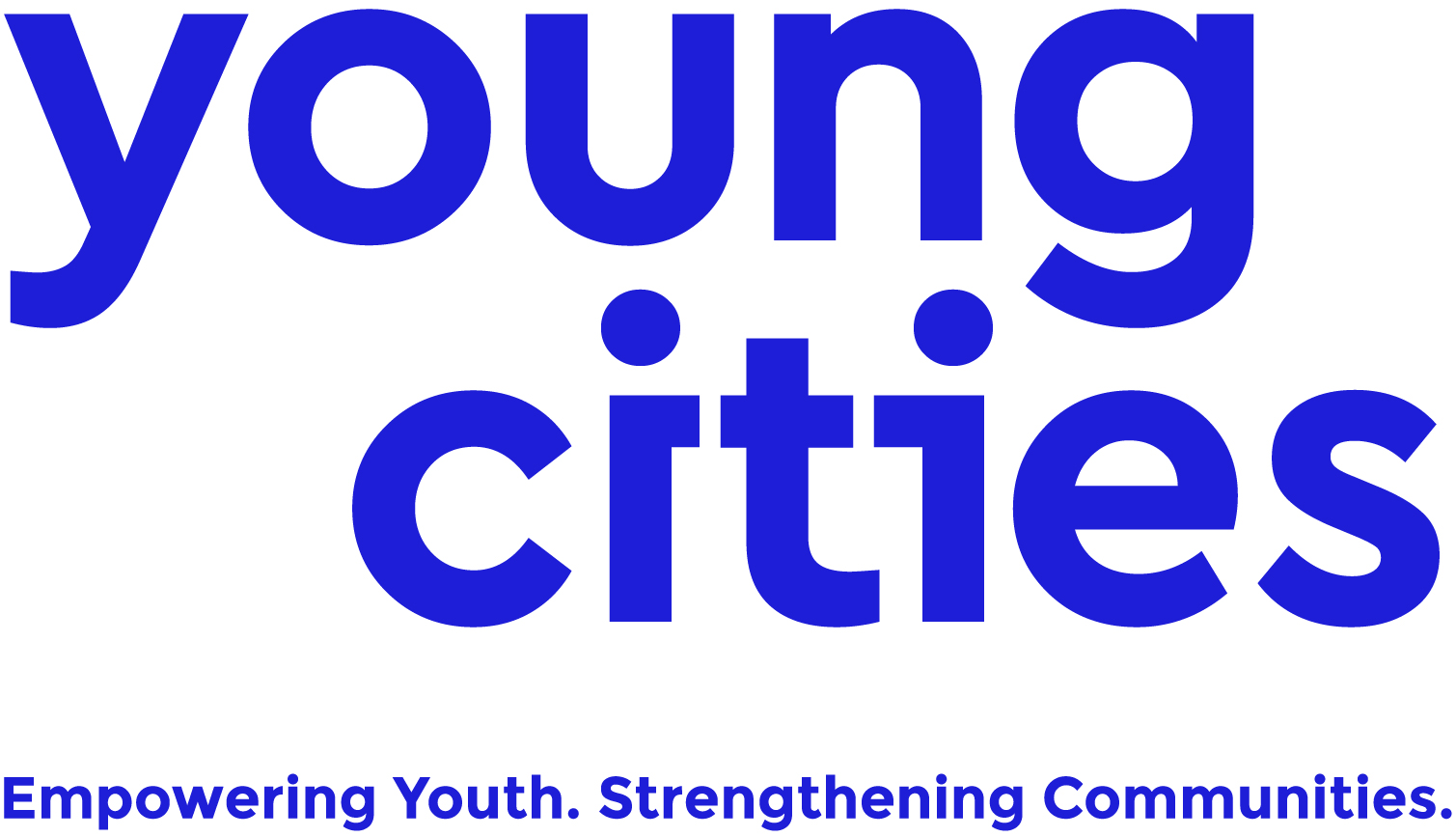
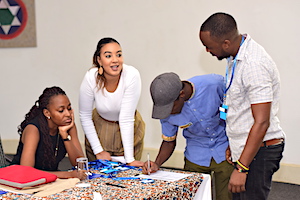
A Young Cities workshop in Mombasa, Kenya, February, 2020
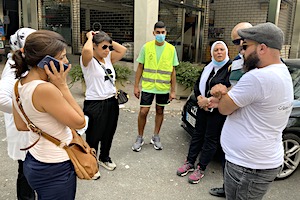
The Young Cities team mobilises to assist victims of the Beirut blasts, August, 2020
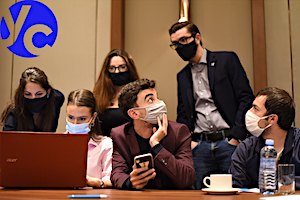
A Young Cities workshop in Cair, North Macedonia
October 2020
ISD’s Young Cities team
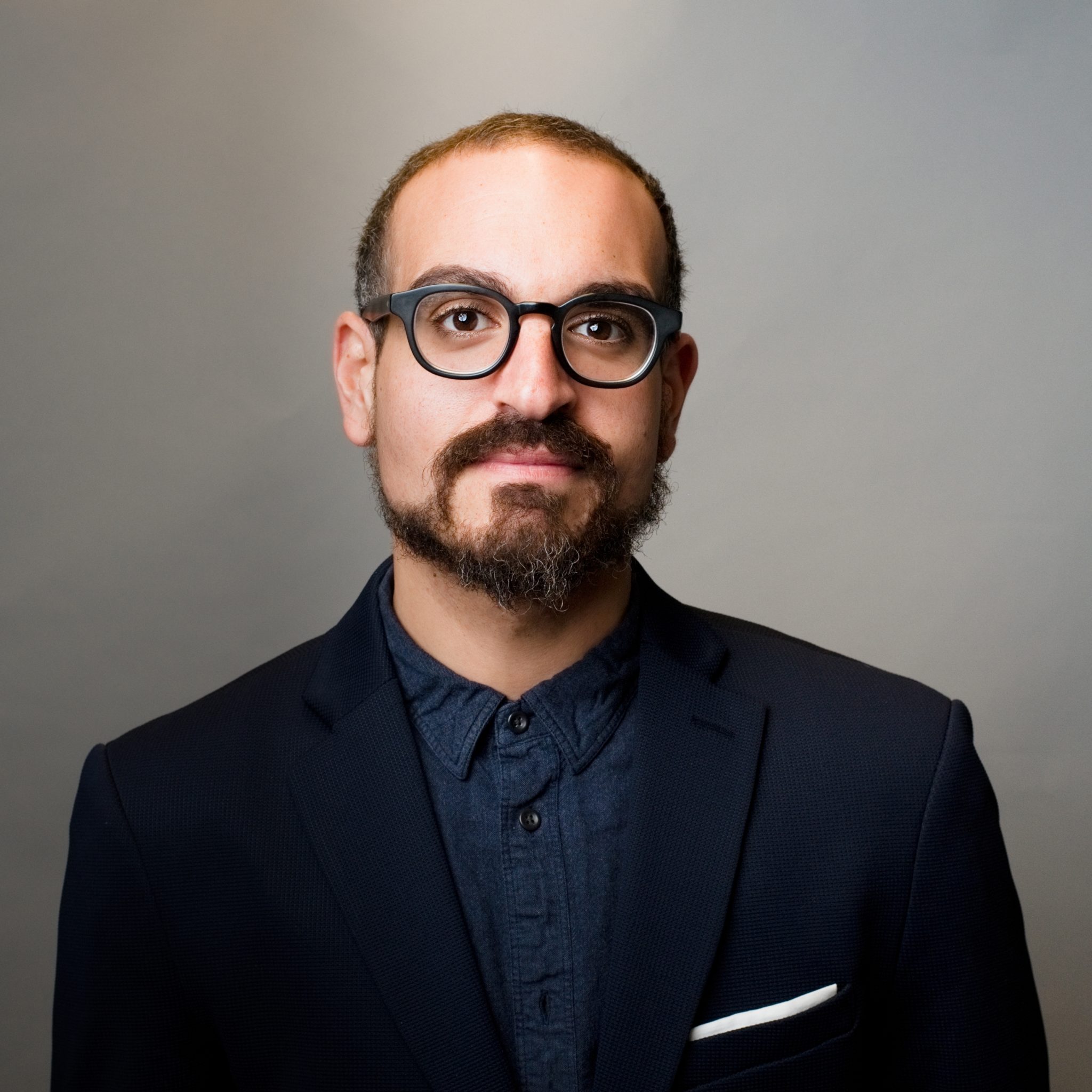
Moustafa Ayad
Executive Director; Africa, the Middle East and Asia (AMEA)

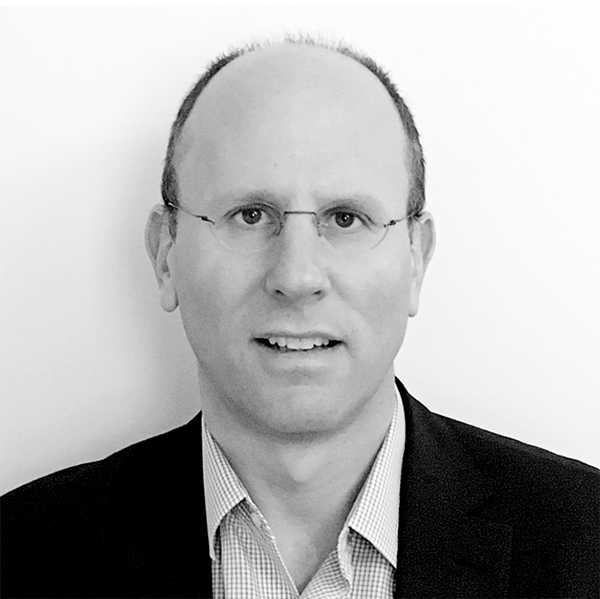
Eric Rosand
Executive Director, Strong Cities Network

Eric Rosand
Executive Director, Strong Cities Network

Allison Curtis
Deputy Executive Director, Strong Cities Network

Allison Curtis
Deputy Executive Director, Strong Cities Network
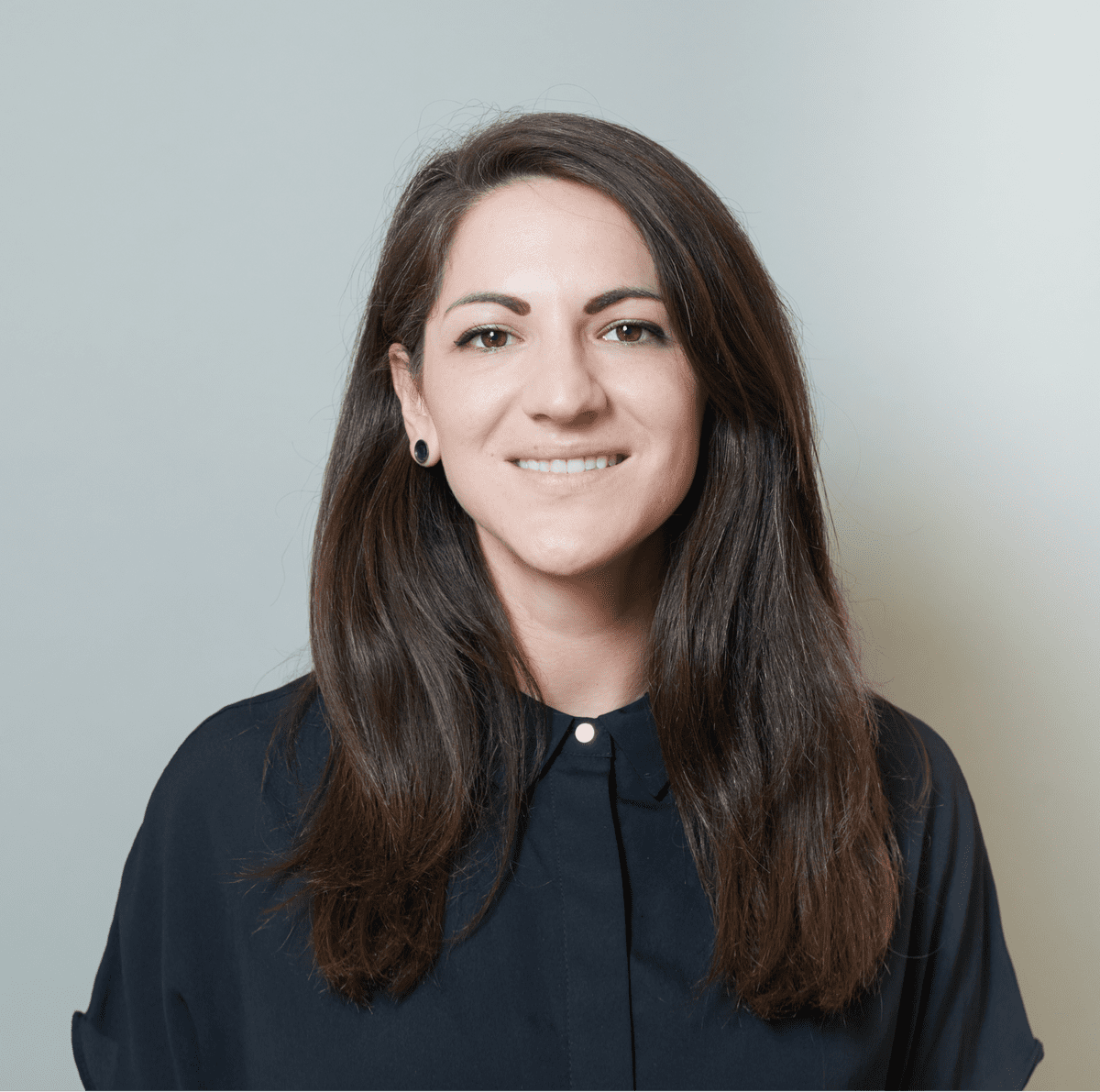
Kelsey Bjornsgaard
Director of Practice, Strong Cities Network

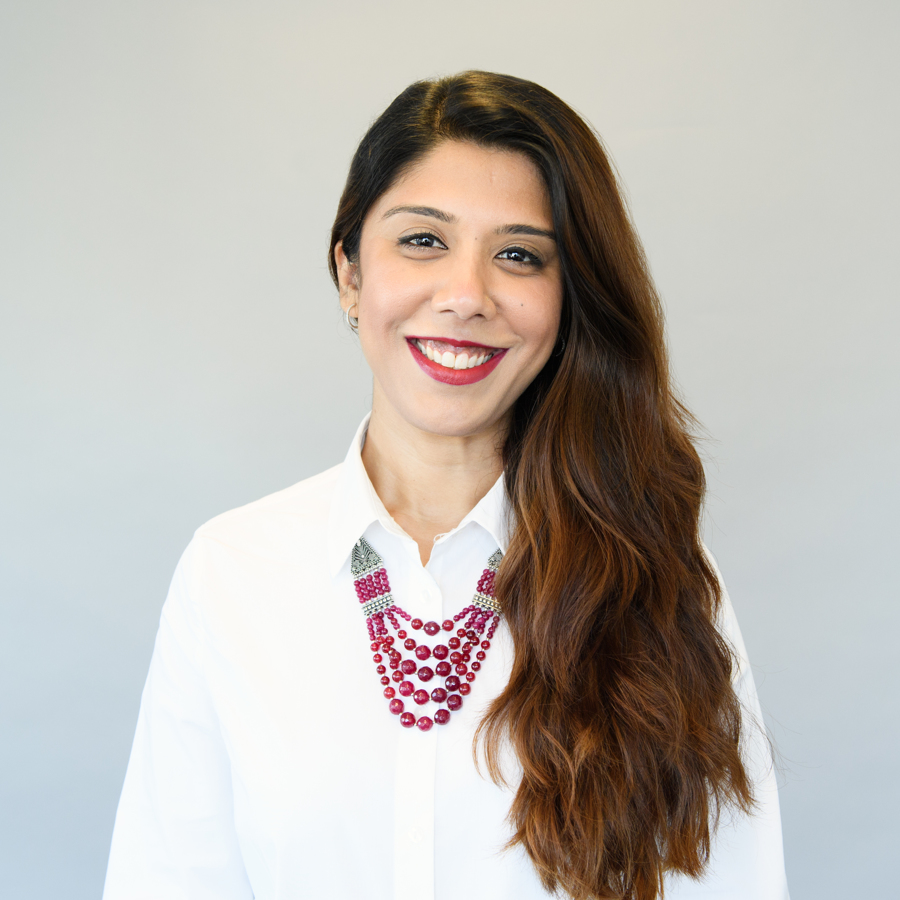
Duaa Khalid
Director of Project Operations, Strong Cities Network

Duaa Khalid
Director of Project Operations, Strong Cities Network
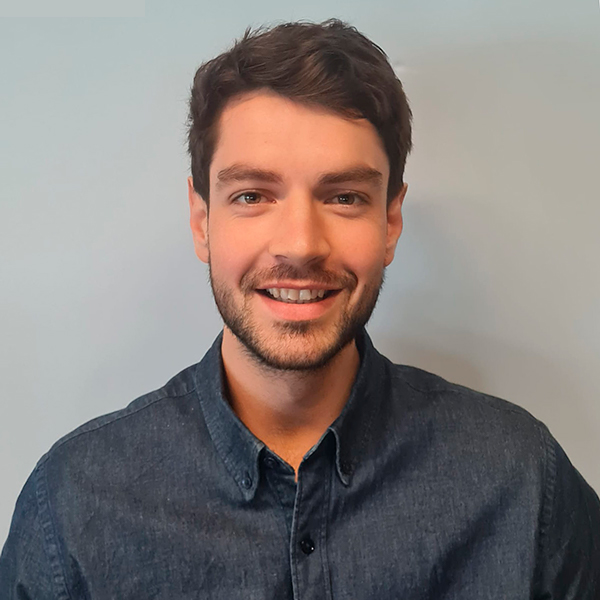
David Leenstra
Networks and Membership Coordinator, Strong Cities Network

David Leenstra
Networks and Membership Coordinator, Strong Cities Network
